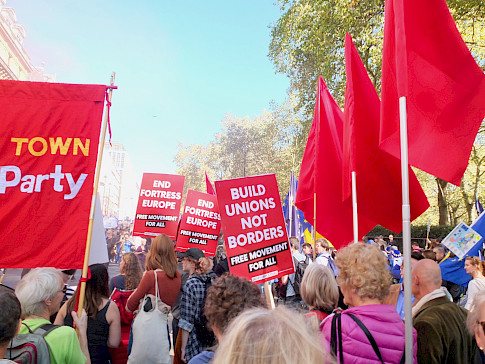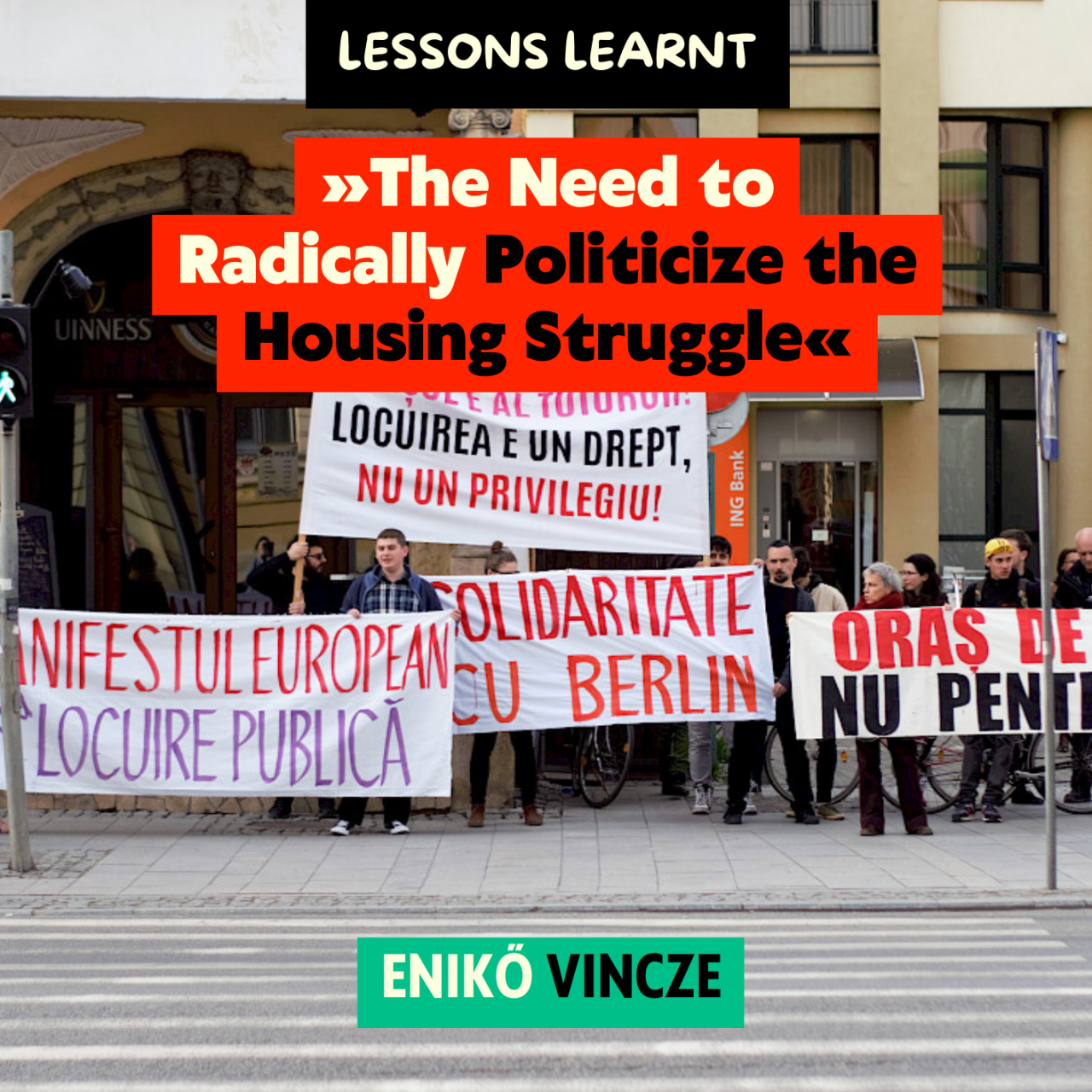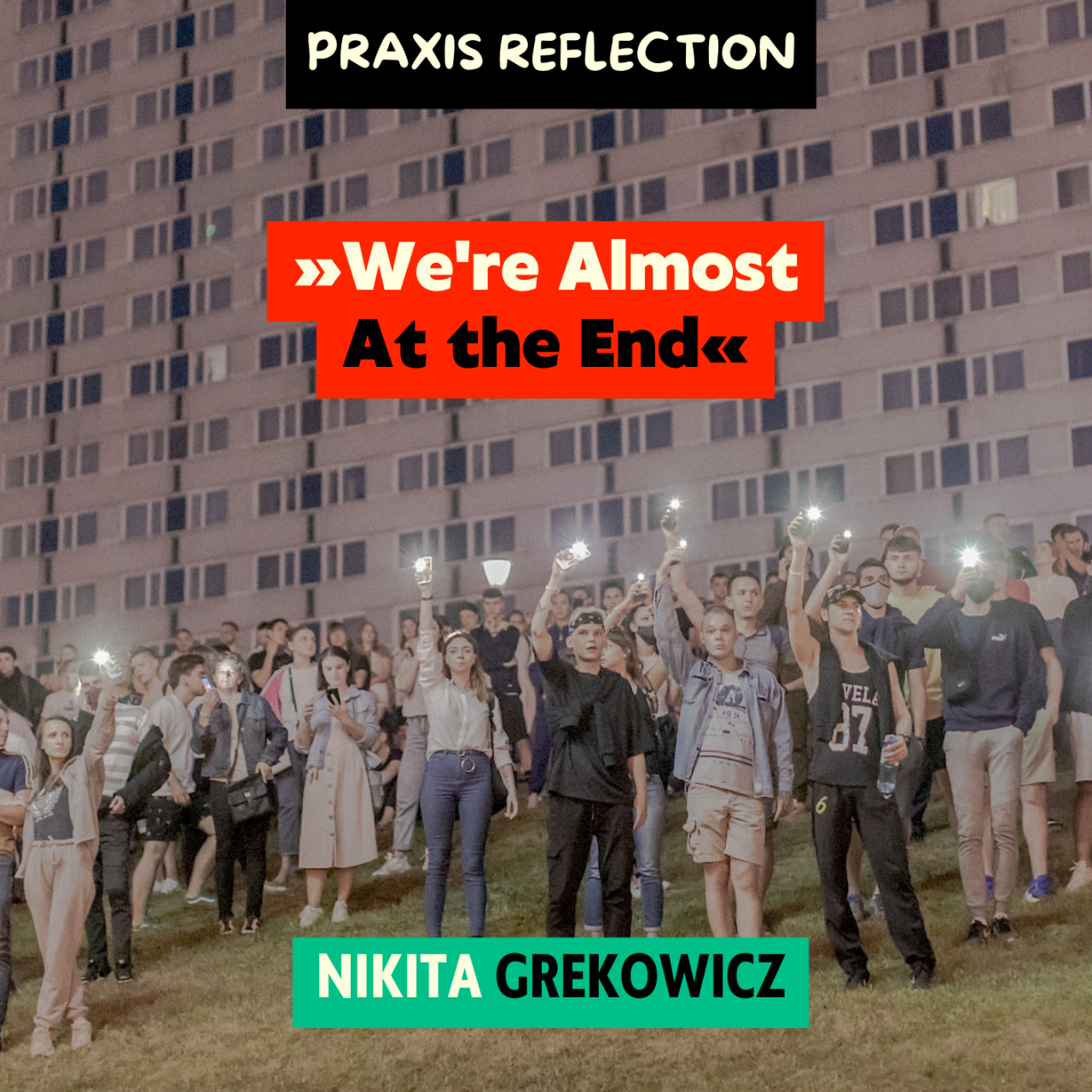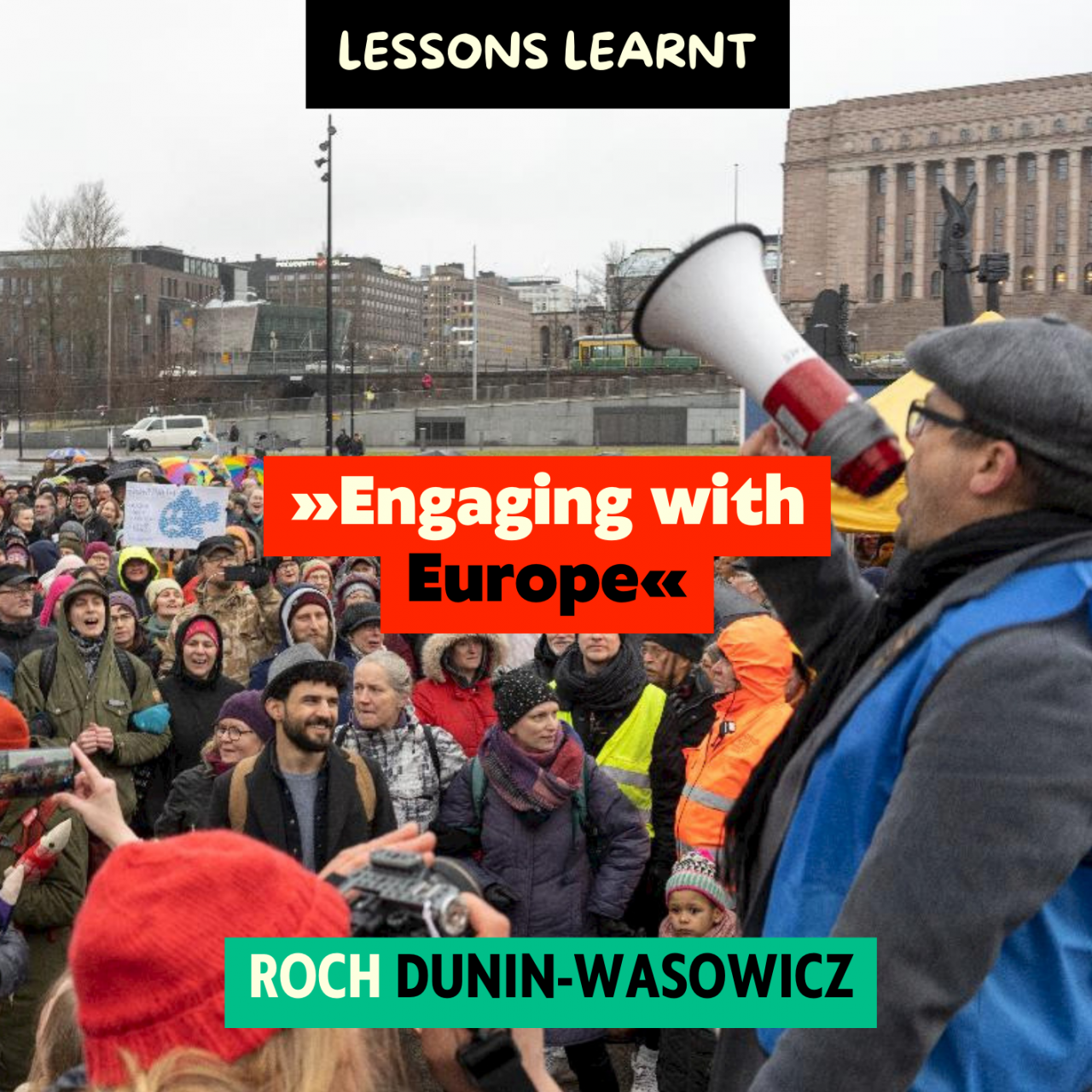
A couple of months after the UK decided to leave the EU in the summer of 2016, I set out on a four-years-long journey which took me all across the European continent. The trip came about in the context of an ethnographic research project which I undertook in collaboration with European Alternatives. As the mainstream media discourse was focussed on whether Britain should be “in” or “out” of the EU, I was interested in a rather different question: what would an alternative Europe look like if it was redone from the bottom up?
Indeed, for the activists from Another Europe Is Possible, with whom I campaigned in the streets of London in the run-up to the referendum, the question whether one was “pro-” or “anti-European” presented a false binary choice that defeated the point. They demanded that both Britain and Europe needed to change in favour of a “Europe for the Many” – an option that was not on the ballot paper. Participating in protests, meetings and campaigns in all corners of Europe in the following years, I learned that alternatives to the European status quo already exist all across the continent. To my surprise, however, witnessing these actions also led me to an underlying question, which I came to think of as one of the most urgent challenges for politics in the 21st century: the question of agency.
How to act in times of borders-crossing challenges?
Antonio, one of the activists I interviewed as part of my research, explained the problem of agency as follows: “‘We ought to do something to contribute to constructing a pan-European political agency.” He elaborated:
We need a supranational democratic community if we want to control – “take back control” to quote Brexit – over some of the great global transformations of our time... The experience of Greece is that you can be in power without actually having the power to change things.



